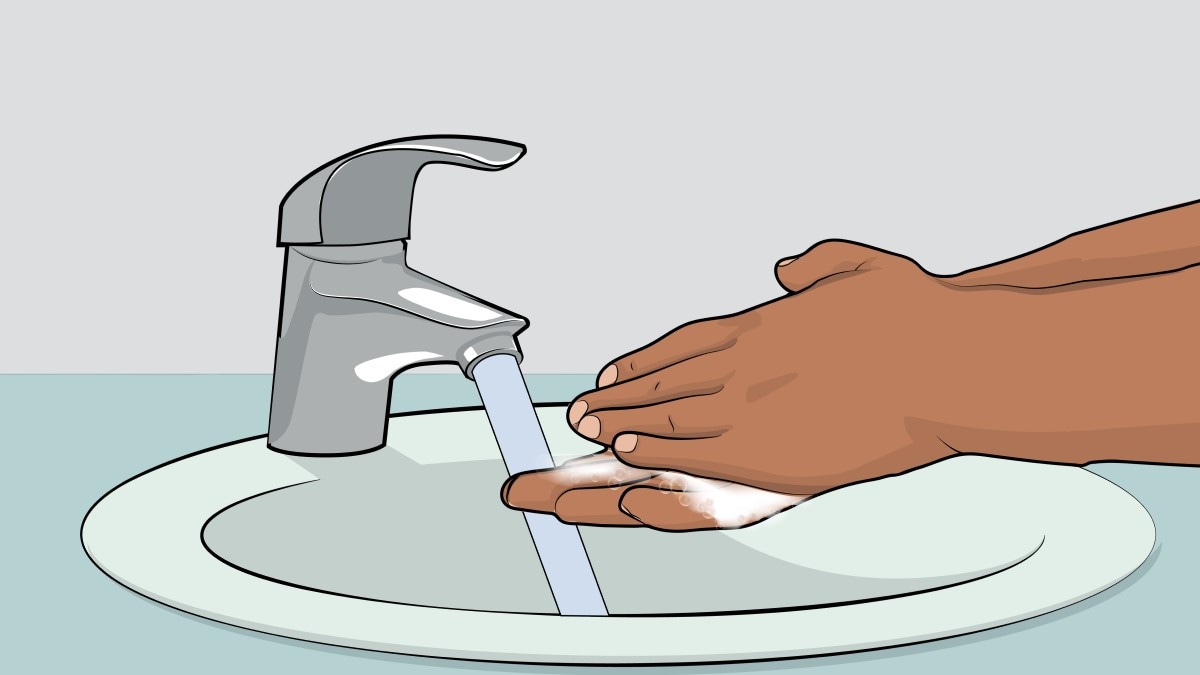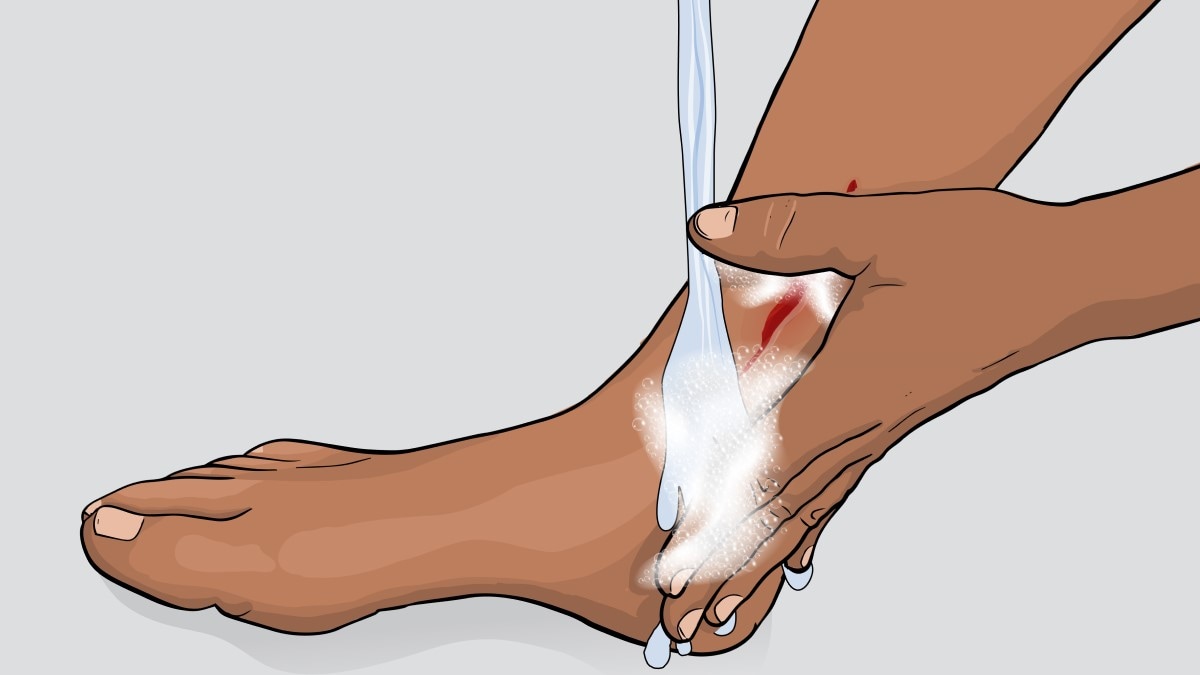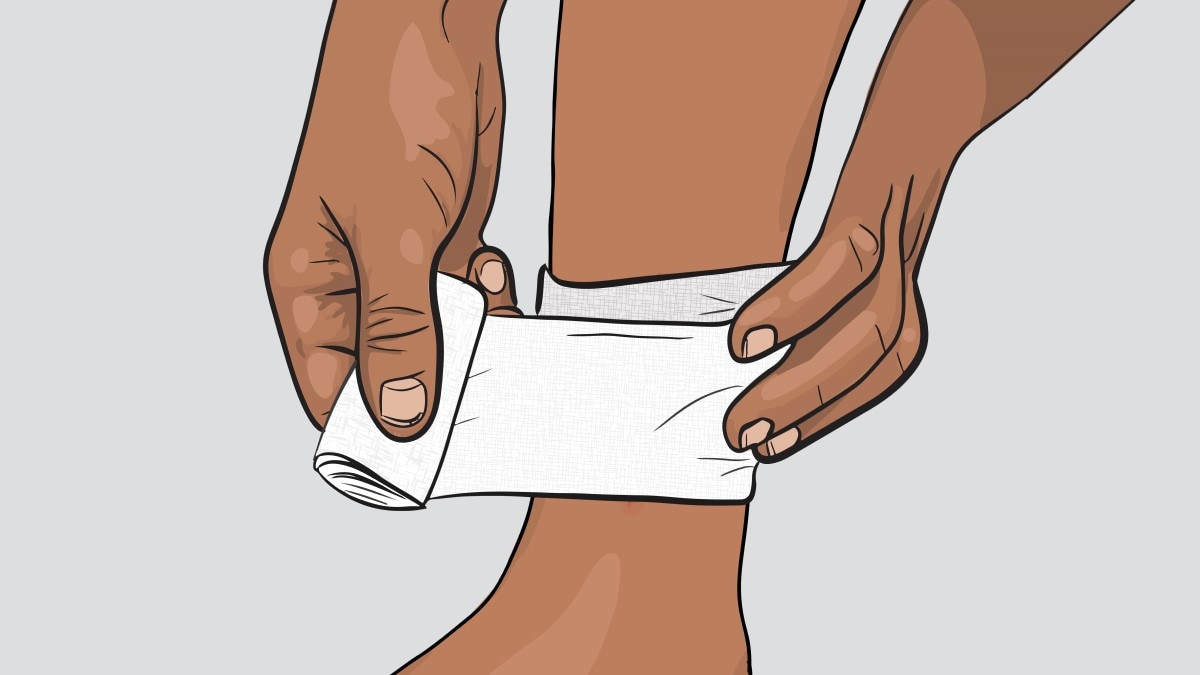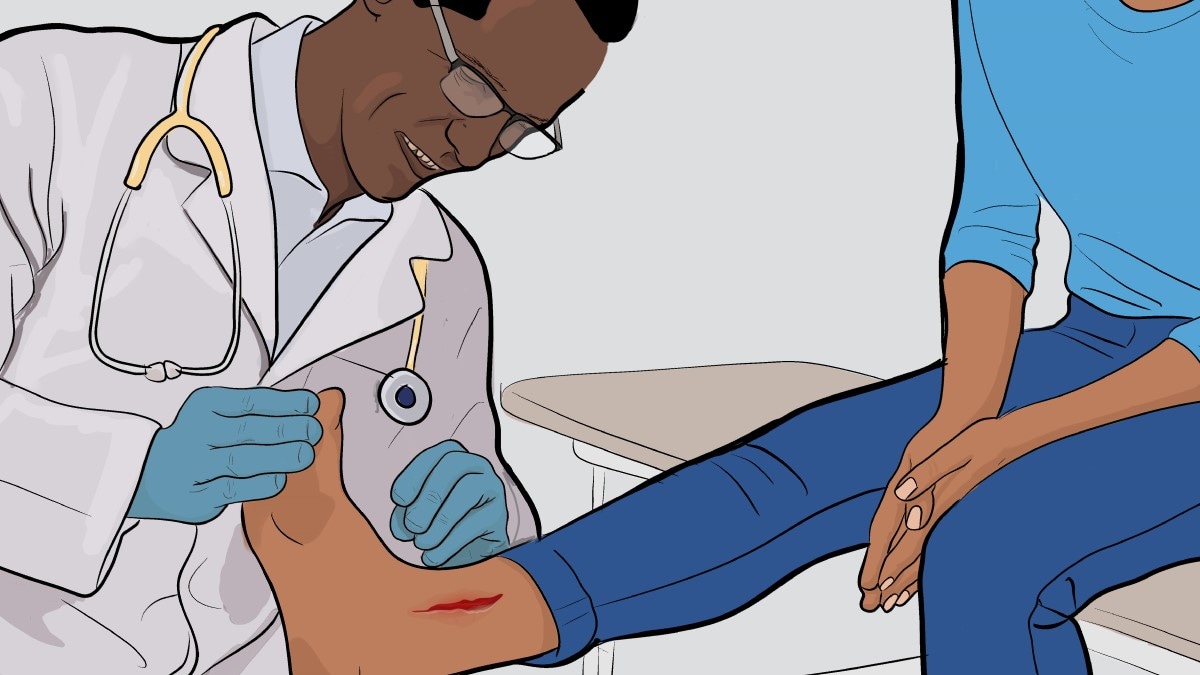Key points
- People can get infected with group A Streptococcus (group A strep bacteria) more than once.
- There's no vaccine to prevent group A strep infections.
- However, there are things people can do to protect themselves and others.

Goals of prevention
Group A strep prevention activities vary by disease, but generally focus on three important goals:
- Limit exposure and spread of bacteria
- Treat group A strep infections
- Use preventive antibiotics when appropriate
Prevention steps and strategies
Limit exposure and spread of bacteria
Many daily healthy habits can help prevent infections:
- Care for fungal infections
- Clean and care for wounds
- Cover coughs and sneezes
- Wash glasses, utensils, and plates after someone who's sick uses them
- Wash hands often
Take extra measures for impetigo
- Wash body and hair often with soap and clean, running water
- Wash the clothes, linens, and towels of anyone with impetigo every day
- Don't share clothes, linens, or towels with anyone who has impetigo
After items (dishes, linens) have been washed, they're safe for others to use.
Treat infections
Take antibiotics, if prescribed.
Antibiotics treat the infection and help prevent serious complications, like rheumatic fever. They also prevent the bacteria from spreading to others.
Use preventive antibiotics when appropriate
Close contacts of someone with a group A strep infection generally don't get antibiotics to prevent them from getting sick. People who live together are examples of close contacts.
However, rheumatic fever and serious infections are important exceptions.
Rheumatic fever
Preventive antibiotics help protect people with rheumatic fever from getting it again. They may need preventive antibiotics over a period of many years (often until 21 years old). Preventive antibiotics can include daily antibiotics by mouth or a shot into the muscle every few weeks.
Serious infections
For patients with a serious infection, healthcare providers may give antibiotics to close contacts if they
- Are 65 years or older
- Have other factors that increase their risk of getting a serious group A strep infection
Wound care tips

Step 1: Wash hands with soap and water or use an alcohol-based hand rub if washing isn't possible.

Step 2: Clean all minor cuts and injuries that break the skin (like blisters and scrapes) with soap and water.

Step 3: After cleaning, cover draining or open wounds with clean, dry bandages until they heal.

When to seek care: See a healthcare provider for punctures and other deep or serious wounds.
Protect wounds and infections
If you have an open wound or skin infection, avoid spending time in:
- Hot tubs
- Natural bodies of water (e.g., lakes, rivers, oceans)
- Swimming pools
